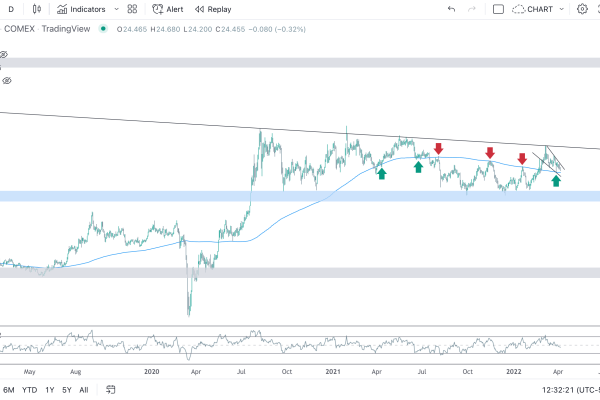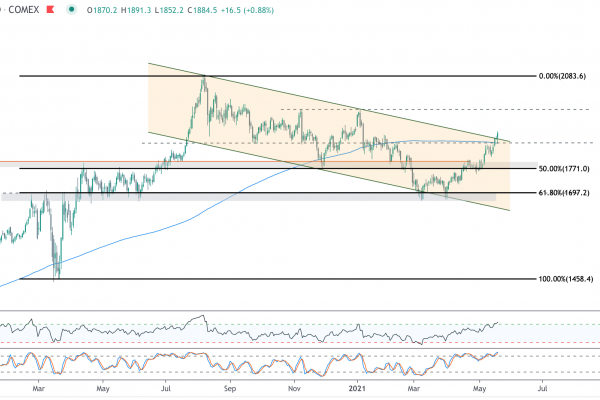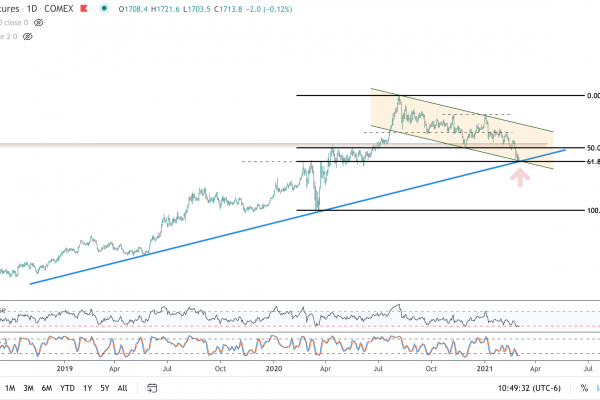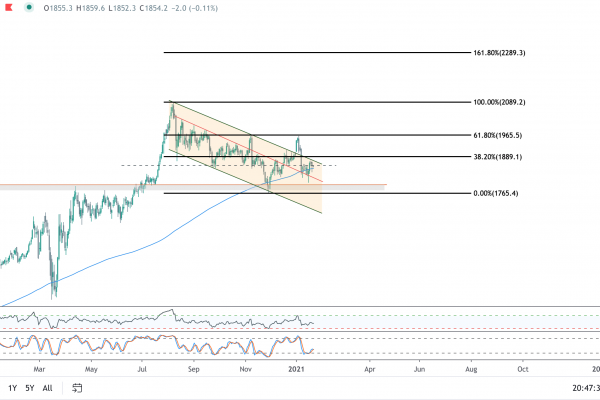Buying silver and gold each have their own set of advantages and disadvantages. Let’s explore them:
Advantages of Buying Silver:
- Lower Price Entry: Silver is generally more affordable than gold, making it accessible to a wider range of investors. This lower price point allows individuals with smaller budgets to invest in precious metals.
- Industrial Demand: Silver has various industrial applications, including electronics, solar panels, and medical devices. This industrial demand can potentially support the price of silver, especially during economic expansions.
- Higher Volatility: Silver tends to exhibit higher price volatility compared to gold. For active traders and investors who are looking for short-term opportunities, silver’s price swings can provide more trading opportunities.
Disadvantages of Buying Silver:
- Price Volatility: While higher volatility can be an advantage for traders, it can also pose significant risks for long-term investors. Silver’s price swings can lead to larger losses during market downturns.
- Less Value Retention: While silver can act as a store of value, it may not preserve wealth as effectively as gold over long periods. Gold’s rarity and historical significance have given it a stronger reputation as a wealth-preserving asset.
- Market Liquidity: The silver market is smaller and less liquid than the gold market. This can result in wider bid-ask spreads and potentially make it more challenging to buy or sell large quantities of silver without impacting its price.
Advantages of Buying Gold:
- Store of Value: Gold has a long history as a store of value and a hedge against inflation and economic uncertainties. Its scarcity and inherent value have contributed to its reputation as a wealth-preserving asset.
- Portfolio Diversification: Gold’s low correlation with other financial assets makes it an effective diversification tool. During times of market turbulence, gold often behaves differently than stocks and bonds, helping to reduce overall portfolio risk.
- Global Acceptance: Gold is recognized and accepted as a form of payment worldwide. It can be easily converted into cash or used for trade in various countries, providing liquidity and flexibility to investors.
Disadvantages of Buying Gold:
- Higher Price Entry: Gold is more expensive than silver, making it less accessible to some investors with limited budgets.
- Storage and Security: Physical gold requires secure storage, which can incur additional costs and present security concerns. Investing in gold through exchange-traded funds (ETFs) or other financial products can mitigate this issue but may not provide the same tangible ownership benefits.
- Slower Price Movements: Gold typically exhibits slower price movements compared to silver. While this can be an advantage for stability, it may not be as attractive for short-term traders seeking rapid price fluctuations.
Should I Buy Gold or Silver?
Ultimately, the decision to invest in silver, gold, or both depends on an individual’s financial goals, risk tolerance, and investment strategy. Some investors may choose to hold a combination of both metals in their portfolio to benefit from their distinct advantages. As with any investment decision, it’s crucial to conduct thorough research and seek advice from financial professionals when necessary.






